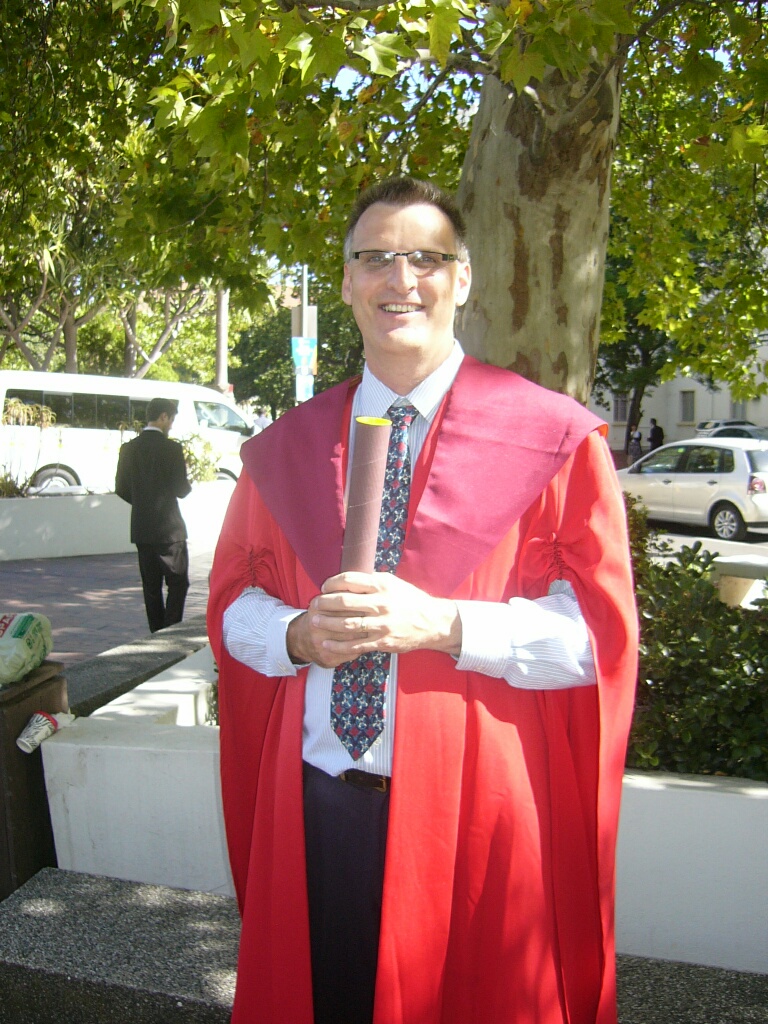Many South Africans, especially those in rural areas, still struggle to access affordable and quality health care. Persons with disabilities, in particular, face significantly more barriers to accessing health care than those without disabilities despite having more perceived health problems and health care needs.
This is according to Dr Richard Vergunst, a post-doctoral fellow in the Department of Psychology at Stellenbosch University (SU). In his recent doctorate in Psychology at SU, Vergunst looked at the barriers persons with disabilities in Madwaleni in the Eastern Cape face when trying to access healthcare. This rural and impoverished area is defined by, among others, poor infrastructure, high levels of unemployment, limited access to health care and education, high incidence of communicable diseases and high mortality rates.
Vergunst's research formed part of a larger international study ̶ project Equitable ̶ funded by the European Union. This study primarily focuses on access to health care for persons with disabilities in four African countries, namely South Africa, Sudan, Malawi and Namibia. Each country has four sites where research is conducted. The South African sites are Madwaleni, Gugulethu (Cape Town), Fraserburg (Northern Cape) and Worcester (Boland).
With the help of 17 local community health workers, Vergunst was able to collect data of 773 Madwaleni residents in 527 households. English questionnaires translated into isiXhosa and back translated were programmed into mobile phones that health workers used to capture the data that was sent to a central database where it was collated and analysed.
Vergunst says results of the study show that Madwaleni residents with disabilities face physical, attitudinal and communication barriers.
"People with disabilities in Madwaleni face physical barriers such as transport, transport costs, the actual journey to the health centre, accommodation at health centres, drugs and equipment provision."
"Attitudinal barriers included perceptions of negative attitudes by health care providers, perceptions of more denial of treatment by health care providers, and perceptions that they were treated worse by health care providers."
"Among the communication barriers were perceptions of poorer communication and interaction with health care providers, perceptions of less privacy at consultations and a perceived lack of respect and poorer explanations from health care providers."
Vergunst says the situation of Madwaleni residents can improve through better training and education of health care providers regarding disability and through increased awareness about the daily struggles of people with disabilities.
"This will also help to address communication barriers and change the negative attitudes towards people with disabilities, while the establishment of mobile health centres can help remove physical barriers."
"Poverty and unemployment must also be reduced in the area."
Vergunst says the aim is to present the findings of the study to key stakeholders, including chiefs and community leaders, in Madwaleni so that locally relevant interventions, such as disability awareness workshops, can be discussed and implemented.
"Hopefully, the results of my research will be translated into practical intervention strategies that will ultimately benefit persons with disability in terms of access to health care in particular and daily living in general."
FOR MEDIA ENQUIRIES ONLY
Dr Richard Vergunst
Department of Psychology
Stellenbosch University
Tel: 021 761 3982
Cell: 082 290 299 8
E-mail: vergunstr@gmail.com
Martin Viljoen
Corporate Marketing
Stellenbosch University
Tel: 021 808 4851
E-mail: viljoenm@sun.ac.za

